*By Ross Moyo*
The Minister of ICT, Postal and Courier Services, Hon. Tatenda A. Mavetera, has commissioned the TelOne Centre for Learning (TCFL) Innovation Hub, a state-of-the-art facility designed to foster innovation, entrepreneurship, and digital transformation in Zimbabwe. The commissioning ceremony, held yesterday on November 25, 2025 in the Capital City , coincided with the 10th Graduation Ceremony of TCFL, celebrating the achievements of 586 graduates in ICT-related fields.
Minister Mavetera emphasized the significance of the Innovation Hub, stating, “This is not just a ribbon-cutting; it is the unlocking of a new frontier. Our greatest national wealth is in the minds of our people.” The Hub will provide a platform for students and innovators to develop practical solutions, incubate ideas, and accelerate industry-focused research and development.
TelOne Board Chairperson, Dr. Douglas Zimbango, highlighted the institution’s alignment with national strategies, including Vision 2030, NDS1, and the National AI Strategy (2026-2030). “The TCFL Innovation Hub will bridge the gap between academic instruction and real-world application, fostering creativity, collaboration, and enterprise development among students and the industry,” Dr. Zimbango said.
TelOne CEO, Engineer Lawrence Nkala, expressed his commitment to driving digital transformation, stating, “We want to turn Zimbabwe from a consumer of products to a creator of goods and services for the benefit of the country.” The Innovation Hub will support young entrepreneurs, researchers, and students, accelerating the commercialization of ideas and strengthening collaboration between industry, academia, and government.
The commissioning of the Innovation Hub marks a significant milestone in Zimbabwe’s digital journey, demonstrating the government’s commitment to building a digitally empowered and innovation-driven economy. The National AI Strategy (2026-2030) aims to transition the country to a knowledge-based economy, focusing on talent development, infrastructure, AI adoption, research, ethics, and international collaboration.
The TCFL graduates, comprising 58% males and 42% females, are equipped to drive Zimbabwe’s digital transformation. Notable achievements include Munashe Kamuche’s 2nd prize at the POTRAZ Innovation Drive Ideathon and two students securing US$10,000 funding for AI-powered rural education projects.
Minister Mavetera urged the graduates to remain adaptable, innovative, and committed to lifelong learning, stating, “Your career will not simply be about what you studied, but about how you evolve. Be flexible, be curious, and commit yourselves to lifelong learning.”



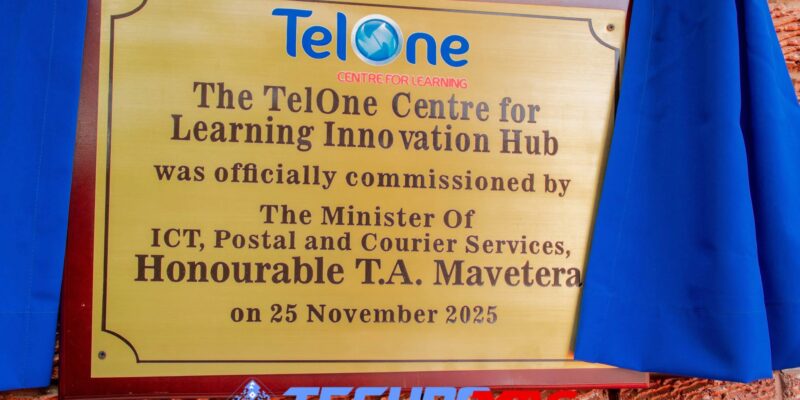
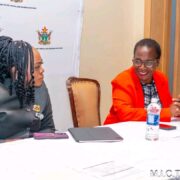


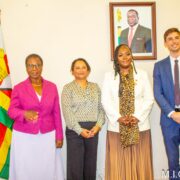
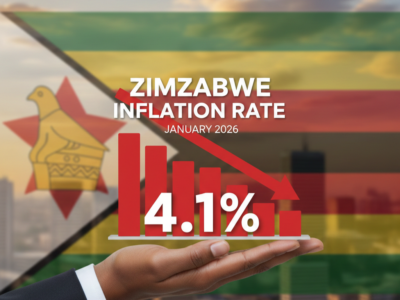

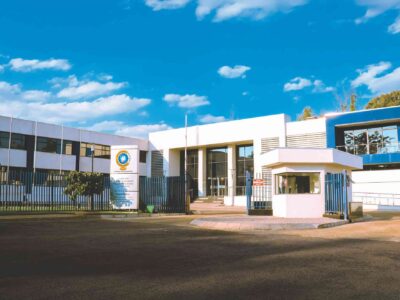




Comments